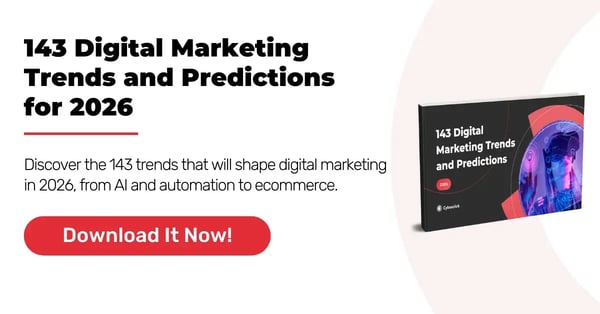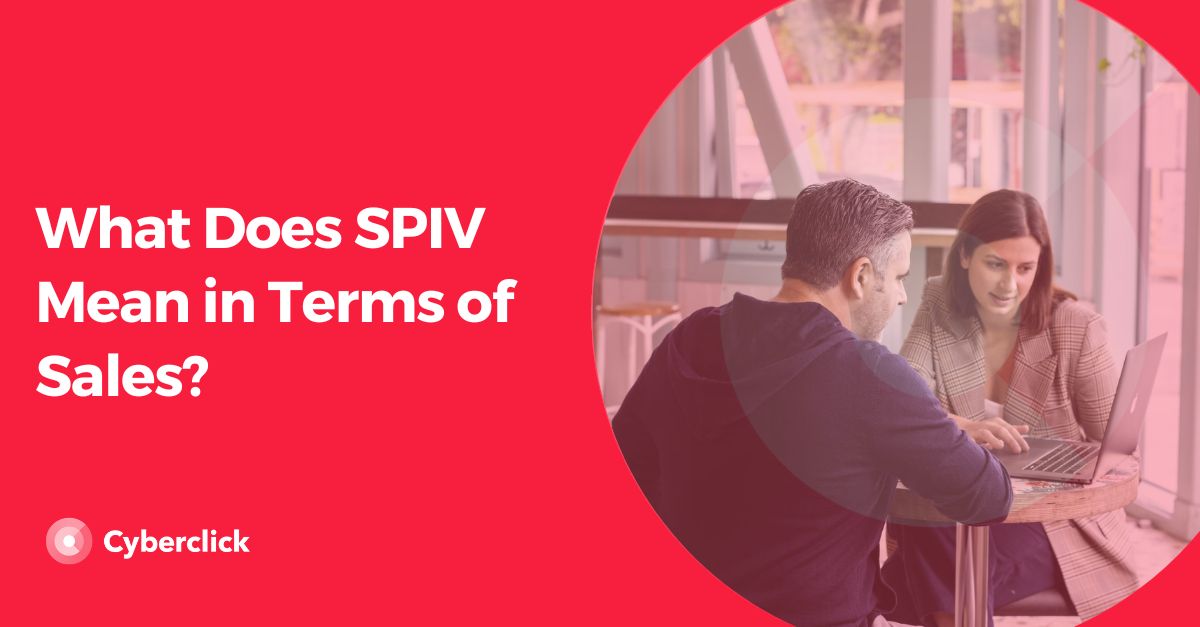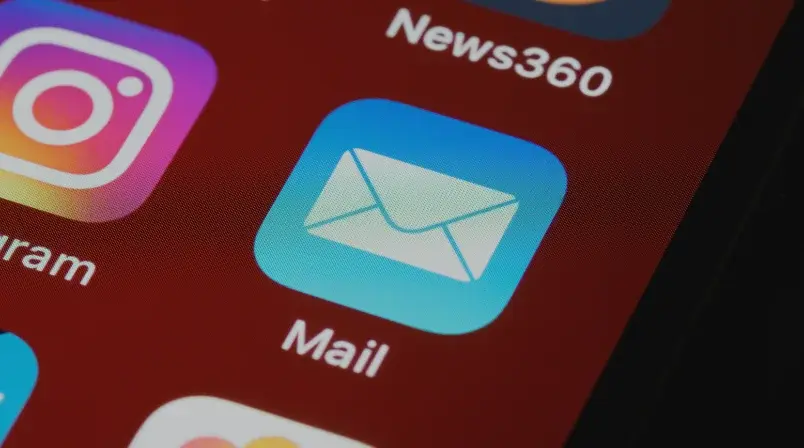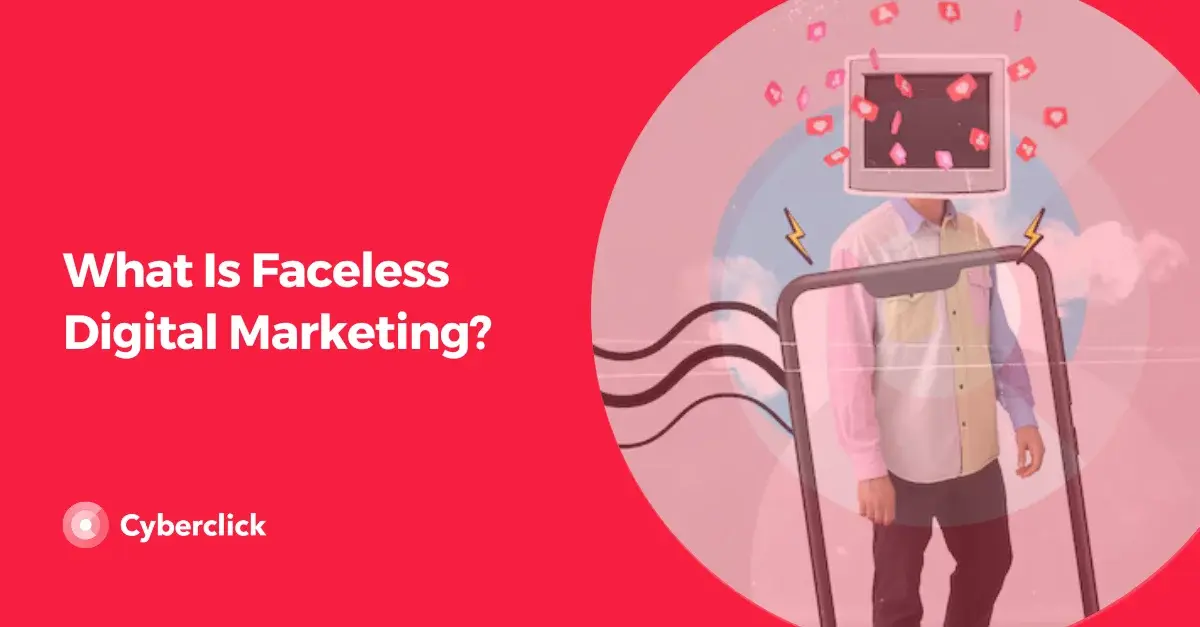Event marketing is an experiential marketing strategy. It refers to the organization of events to promote products, services, or a brand. The goal of this type of marketing is to help brands interact with customers in a more direct way and to encourage long-lasting relationships.
Event marketing includes both physical and digital events, offering numerous benefits for businesses. Although its main objective is to increase customer loyalty and generate business opportunities, event marketing can do much more.
What Are the Benefits of Event Marketing?
Personalized Engagement
Event marketing allows brands to engage with their audience through activities that are designed to resonate with attendees on a personal level. This strengthens their relationship with the brand and increases their satisfaction by making them feel valued and understood.
Brand Awareness and Recognition
At events, attendees gain a deeper understanding of a brand’s history and products. Businesses have more time and space to communicate their message, which helps customers get the most out of the products or services while also creating a memorable experience.
Additionally, events help brands differentiate themselves from competitors and stay top-of-mind for consumers, significantly improving brand awareness.
Lead Generation
Not everyone who attends an event is an existing customer. Many attendees are potential customers who have shown interest in a brand’s offerings but haven’t yet made a purchase. Companies often only invite these prospects, as events provide an ideal environment for identifying and capturing high-quality leads, accelerating the sales process.
Event teams can collect attendee contact details and preferences to create a more precise customer profile, allowing for more effective follow-ups.
Customer Retention
One of the key benefits of event marketing is strengthening customers’ emotional connection with a brand. Event marketing establishes a stronger relationship between consumers and the brand by encouraging participation.
Types of Event Marketing
There are many different types of event marketing beyond simply gathering people for a conference. A well-planned event marketing strategy can incorporate various event types to maximize benefits.
Webinars
Webinars are virtual presentations where one or more speakers discuss a specific topic in real-time with an online audience. These sessions can be recorded and shared for on-demand viewing.
Since webinars are digital, they can reach people anywhere in the world. For example, a software company might host a live demo showcasing its platform's features while allowing participants to ask questions through the chat.
Virtual Events
Completely online events, such as product launches, conferences, or trade shows, offer similar benefits to in-person events but with lower costs. A fashion brand, for example, might live stream a runway show on social media, allowing viewers to engage through live comments and reactions.
Hybrid Events
Hybrid events allow attendees to participate either in person or virtually. This expands reach and accessibility.
Trade Shows
Trade shows unite brands and professionals from a particular industry, providing a platform to showcase products or services to a targeted audience. They are valuable for generating high-quality leads and creating networking opportunities.
A great example is CES (Consumer Electronics Show) in Las Vegas, one of the largest technology trade shows in the U.S. It attracts industry leaders, innovators, and tech enthusiasts who want to explore groundbreaking advancements in consumer electronics, from AI-driven gadgets to next-generation smart home devices.
Conferences
Similar to webinars but in-person, conferences feature expert speakers sharing insights on a specific topic. Hosting or participating in a conference can position a brand as a thought leader in its industry.
Pop-Up Shops
Pop-ups create a sense of urgency and exclusivity. Common in the fashion industry, brands open short-term retail spaces in strategic locations to launch new collections and attract customers.
Workshops
A trending event type, workshops often involve influencers who share their experiences online, but they can also be organized for the everyday customer. These sessions provide hands-on learning, much like a class. For instance, a makeup brand might host a workshop teaching different eyeliner techniques.
Who Should Use Event Marketing?
Many small and medium-sized businesses assume that event marketing is only for large corporations, but that’s not entirely true. As mentioned, event marketing comes in many forms, and even businesses with limited resources can leverage cost-effective options like webinars or workshops.
Event marketing is beneficial across industries. The key is identifying your target audience and effectively promoting your event to maximize its impact.
How to Attract an Audience to Your Events
The success of your event largely depends on how well you promote it. Based on our experience, two strategies work particularly well:
Remarketing
Remarketing involves targeting ads to users who have previously interacted with your brand, shown interest, or attended past events. Keeping this in mind, you can create an ad campaign specifically for users who visited your event registration page but didn’t complete the sign-up process.
Social Media Promotion
Social media is a powerful tool for event promotion. Here are some best practices:
-
Create a unique hashtag for your event and encourage attendees to use it when sharing content.
-
Partner with influencers or industry experts to boost visibility and credibility.
-
Share engaging content—videos, teasers, and behind-the-scenes footage—to generate excitement.
-
Host contests or giveaways offering free event tickets to increase engagement.
How to Plan, Execute, and Optimize Your Event Marketing Strategy
Step 1: Set SMART Goals and Budget
Before anything else, define what you want to achieve. Your goals should be Specific, Measurable, Achievable, Relevant, and Time-Bound (SMART).
A SMART goal could be to generate 70 new qualified leads or increase audience size by 20% compared to last year’s event. Once your objective is clear, set a detailed budget covering all expenses—from venue and materials to staffing and logistics.

Step 2: Identify Your Target Audience and Outreach Channels
Determine who your event is for (likely your existing target audience or buyer personas). Then, choose the best promotional channels: social media, email marketing, influencer partnerships, or paid ads.
Step 3: Define the Theme and Program
Choose a relevant topic that aligns with your brand and audience interests. Whether a multi-day event or a few-hour session, outline all the details, including speakers, activities, and schedules, to make sure that there are no surprises.
Step 4: Use the Right Event Technology
Select the right tech tools for event planning and execution, such as registration platforms, attendee management software, and live interaction tools.
Step 5: Measure ROI
Track key performance indicators (KPIs) to assess your event’s success, such as:
-
Number of attendees
-
Leads generated
-
Social media engagement
-
Sales after the event
Step 6: Gather Attendee Feedback
Analyze attendee feedback, especially on social media, to identify areas for improvement. You can also collect feedback through platforms like Buzzabout, post-event surveys, or direct emails.
Content & Marketing Strategist en Cyberclick. Apasionada por la comunicación, la generación de contenidos y el mundo audiovisual. Graduada en Periodismo por la Universidad Autónoma de Barcelona.
Content & Marketing Strategist at Cyberclick. Passionate about communication and content creation. Tanit holds a degree in Journalism from the Autonomous University of Barcelona.







Leave your comment and join the conversation